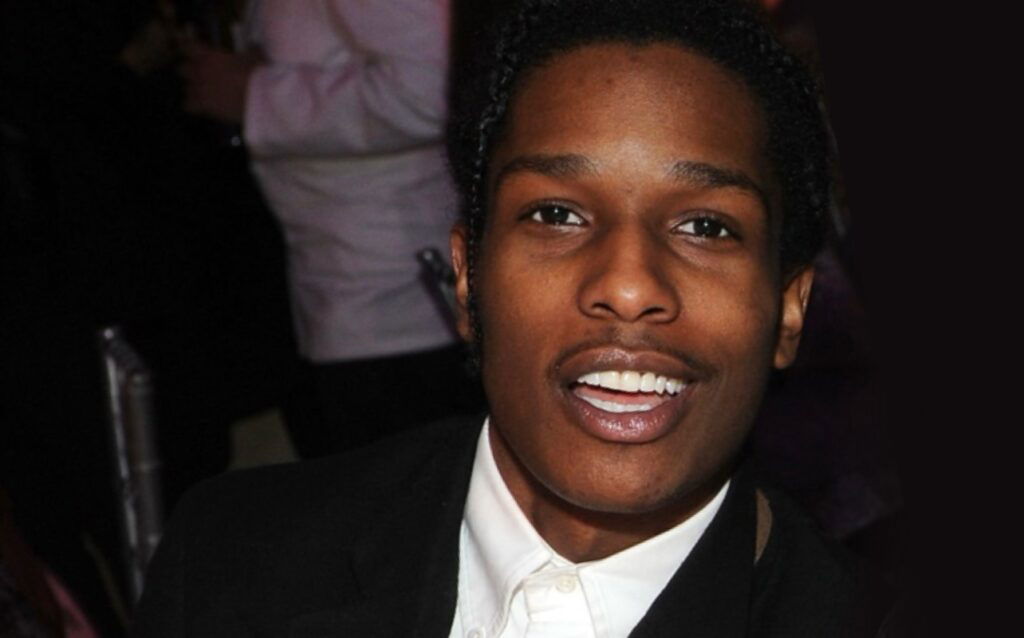
Nobody could have predicted today’s C-suite leaders would need to know how to navigate artificial intelligence, let alone a pandemic, a volatile economy and global unrest. Given the unpredictable nature of the future unknowns, hiring teams have a unique challenge and an opportunity—finding leaders with timeless strengths.
Laura Gassner Otting is a Wall Street Journal bestselling author (Limitless and Wonderhell) who has spent 25 years consulting with executives from the corner office to the Oval Office, including with teams hiring C-suite leaders. She’s part of the 100 Coaches Agency, working with Fortune 100 and Fortune 250 senior executives.
“What do we do in this world where the skills and the characteristics and the traits and the experiences we need to hire for are unclear because the future is not yet manifested?” Gassner Otting asks. “Do they have transferable skills, and do they also have translatable skills—something they’ve done in one place that can be applied to others?”
In May 2022, she published results from a survey of around 5,600 respondents, finding that “workers are not failing leaders; leaders are failing workers.” Only around 36% of workers reported serving under a leader who inspires them to be their best.
The traits leaders need have changed in recent decades. Harvard Business Review reports that, from 2000 to 2017, companies valued C-suite executives who could manage financial and operational resources. Now, it’s all about strong social skills.
Gassner Otting shares the secret and not-so-secret traits companies are looking for in C-suite leaders.
Commitment to a greater cause
Veterans, former Peace Corps members and others who have served a greater cause beyond themselves are uniquely positioned for C-suite leadership, Gassner Otting says. “Country first or platoon first [is] in their bones, in their training,” she says. “They tend to de-emphasize their successes and skills in the interview process.”
Her survey concluded that veterans, compared with nonveterans, are:
- 18.3% more likely to be the best version of themselves at work
- 16% more likely to feel they effect change
- 12.5% more likely to work for a company that aligns with their personal mission
They also tend to be great at understanding the parts of the whole mission. “It’s not just me—I’m part of this team, and this team is part of a larger body,” she says of veterans, which translates to better culture building in the organization.
An athlete’s drive
Gassner Otting worked with the former CEO of Citizens Bank, Larry Fish, who “basically he said, ‘Don’t bring anybody who wasn’t a college athlete.’” Why? They do the work in the dark when nobody is watching, she says. In addition, they are able to perform in high-stakes moments, Fish thought. “I realized he wasn’t necessarily wrong,” she says.
“He wanted people who were willing to work hard until they got it right. He wanted people who would not be afraid to learn and master new skills. He wanted people who were competitive in a way that they were never quite satisfied with the status quo,” she says, referencing athletes who beat their personal record but still want to improve. “They’re always digging to the next gear…” and they get comfortable with delayed gratification.
A hunger for the mission’s success
In interviews, a key question is why the candidate wants to work there. It’s a chance for them to show their hunger, Gassner Otting explains. “What is it about this product, this company, this brand that’s interesting to them—and listening to them tell a story, [such as if] their grandfather worked for the company,” she says.
In her research, she found more than two-thirds of millennials would happily work harder and longer if what they did mattered more, and around 92% of them said they do better work when they can see how the quality of their work matters to the “big picture.” So, finding those with a hunger and passion for the company’s mission works.
Weight and seriousness
Along with hunger for the mission comes weight or a seriousness around their goals, she says. “How serious are they? Can you put them in front of your most important client?” Those personally connected to the mission might have more weight.
Gassner Otting points to comments from University of South Carolina women’s basketball coach Dawn Staley, who reinforced the importance of parental respect. “If they respect their parents, [they’ll] respect us,” Staley said in an April press conference. “If they don’t respect their parents, we don’t have a shot.”
Gassner Otting notes the significance of that thought process. “That’s weight,” she says. “That’s seriousness right there.”
Grit, speed and tenacity through the tough parts
C-suite leaders have to be comfortable with being uncomfortable, Gassner Otting shares. She once worked with a leader of a maximum security prison, who she uses as an example of someone who knows how to put challenges in perspective. When she told him there was an emergency, he asked if anyone had a weapon, was on the wrong side of the wall or bleeding. She said no. “Then we don’t have an emergency; we don’t even have a ‘situation’… We probably have a problem or maybe even an annoyance.”
She explains that thinking every issue is a “10” when it’s really a “3” is essential to creating perspective as a leader. Asking, “How high-risk is this problem to our relationships?” allows executives to be more strategic.
This level of grit and being able to hang out in the “valley of suck,” as she calls it, is essential.
Additionally, she looks to see how quickly someone is able to bounce back from failure. “[Effective leaders] recognize failure earlier so they’re not stuck in it for a long period of time before they realize that it’s not going to work. They recognize when they’re 10 degrees off before they get to 80 degrees off.”
Underlying each, she adds, is a fundamental ability to communicate and exceptional emotional intelligence—in the end, many employees could use a boss who just listens and cares.
This article originally appeared in the September/October 2024 issue of SUCCESS magazine. Photo courtesy of Gorodenkoff/Shutterstock




